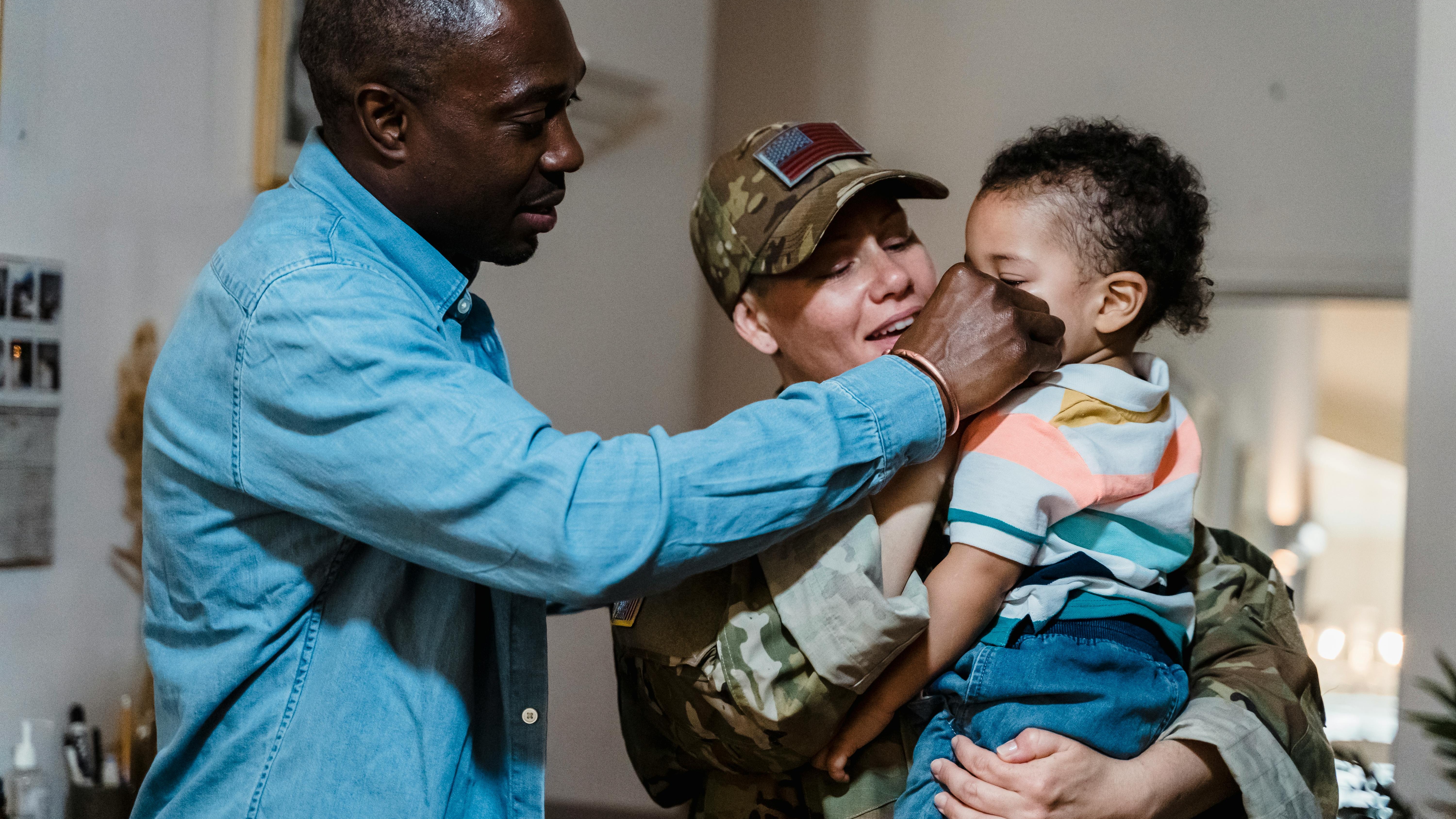
Understanding the Dangers of Leadership Extremes
It’s a commonly shared belief among military professionals that leadership isn’t simply about applying one’s strengths; it’s also about recognizing when those very strengths can become counterproductive. In various life scenarios, including military and business environments, individuals often exhibit personal strengths that do not scale well without moderation. The challenge lies in navigating the fine line between effective leadership and approaches that can unintentionally alienate or discourage teams. In this context, understanding the balance known as the ‘golden mean’ can significantly enhance one's capacity to lead effectively.
Lessons from Aristotle: The Golden Mean
The ‘golden mean,’ originating in Aristotle’s virtue ethics, emphasizes moderation as the key to virtuous living. This principle applies remarkably well to leadership in military settings. Consider the often-inexperienced platoon leader who approaches physical training with raw enthusiasm but unwittingly exhausts the troops under their command. In an attempt to showcase strength and capability, the leader can create an environment misaligned with the team’s needs, leading to disengagement and burnout. This leads us to question: How do we identify and mitigate our tendencies to swing too far into our strengths?
Recognizing When Strengths Become Weaknesses
A predominant challenge for leaders is the tendency to rely excessively on their strengths—what can be termed as “leader kryptonite.” For example, a naturally intelligent leader may find a pattern of immediate success through their problem-solving abilities. However, when their role demands intricate delegation as they ascend the ranks, the absence of this skill could stymie their team’s progression. Leaders should strive to cultivate skills that harmonize with their strengths instead of diminishing their impact through neglect.
The Importance of Self-Assessment and Feedback
To truly master the art of leadership, obtaining feedback is paramount. Constructive criticism from peers and subordinates helps identify when skills or strengths are veering into detrimental territory. Systematic self-assessment can transform leadership approaches and increase overall effectiveness within teams. Military units often implement strategies where feedback is not only welcomed but expected, fostering a culture that prioritizes continuous development and accountability.
Bridging Military Leadership to Business Success
Interestingly, the principles of military leadership resonate quite deeply within corporate structures. The ability to recognize and manage personal strengths and weaknesses often dictates organizational success. Military leaders share valuable insights on managing teams in high-pressure environments, including how to inspire confidence while simultaneously developing other members of the team. For those transitioning to civilian roles, these leadership lessons provide invaluable insights that can shape corporate environments, fostering cultures of collaboration and shared growth.
Practical Steps to Enhance Leadership Effectiveness
So, what actionable insights should leaders consider in their quest for balance? First, identifying areas where personal strengths may create dependencies among team members is essential. Second, embedding a system of regular feedback loops—here, peer evaluations and performance conversations can make a remarkable difference. Finally, leveraging mentorship relationships can provide ongoing guidance. The aim should always be to optimize one’s leadership effectiveness while ensuring that personal strengths serve their intended purpose: to empower and elevate those around you.
In Conclusion: Cultivating the Leader within You
The journey toward effective leadership is ongoing, requiring constant reflection, adjustment, and an openness to growth. Recognizing that one’s strongest attribute could become a potential vulnerability is vital for all leaders. The military has long recognized the importance of adaptability in leadership roles—this insight extends far beyond combat scenarios into every sector. As leaders, embracing a balanced approach, rooted in the understanding that moderation is key, not only enhances personal effectiveness but galvanizes team unity. It’s time to evaluate your strengths; the way forward may very well depend on it.
 Add Row
Add Row  Add
Add 




Write A Comment